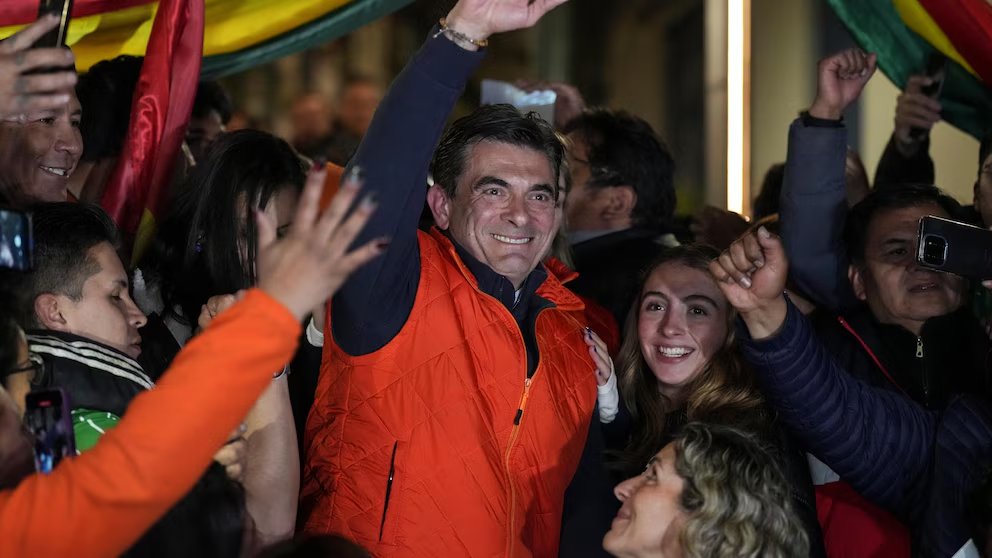
La Paz, August 20, 2025 — Bolivia’s decades-long experiment with socialism suffered a crushing defeat on Sunday, as voters turned away from the ruling Movement Toward Socialism (MAS) in a historic shift that is reshaping the nation’s political and spiritual future.
Centrist senator Rodrigo Paz shocked observers by finishing first with 32% of the vote, narrowly ahead of conservative former president Jorge Quiroga, who won 27%. The two will face off in an October runoff. MAS — once the dominant party under Evo Morales — was humiliated, with its candidate securing just 3%, the worst showing in nearly 20 years.
Socialism in Decline
Bolivia, once flush with natural gas wealth, is now mired in economic collapse. Gas production has dwindled, reserves are drying up, and years of subsidies have left the treasury empty. Inflation has soared to 24%, the highest in three decades, fueling food and fuel shortages that dominated voter concerns.
The political collapse of MAS parallels the personal decline of its figurehead, Evo Morales. Once hailed as a populist champion, Morales now faces allegations of abuse while confined to his coca-growing stronghold. Current President Luis Arce declined to run, hobbled by deep unpopularity.
“This is the end of socialism in Bolivia,” said one voter in El Alto. “We want bread on the table, we want stability, and we want change.”
Evangelical Surge
Amid political upheaval, Bolivia is also experiencing a spiritual transformation. Evangelical Christianity has expanded rapidly over the past decade:
- 2015: ~13.7% identified as Protestant/Evangelical
- 2018: ~17.2%
- 2024: ~20%
- 2025: fastest growth in urban and lower-income communities
Evangelical congregations, particularly in cities like Santa Cruz, La Paz, and Cochabamba, have become centers of community support during the economic crisis, offering aid and a message of hope. Leaders are increasingly active in civic discussions, speaking out against corruption and championing family values.
The trend reflects a broader shift across Latin America, where evangelicals are reshaping both culture and politics. In Bolivia, the growth of evangelical faith coincides with the collapse of socialist ideology, offering what many see as an alternative moral foundation rooted in biblical values rather than state control.
A Nation at a Crossroads
The October runoff will determine Bolivia’s future direction: Paz promises a centrist path of reform, while Quiroga represents a more conservative vision. Both candidates have pledged to repair the economy and distance Bolivia from the alliances with Venezuela, China, and Iran that defined the Morales years.
For evangelicals, the political moment carries special weight. Churches across the nation are praying for leaders who will govern with integrity and allow greater space for Christian values in public life.
Turning the Page
Sunday’s election marks not only the collapse of socialism at the ballot box but also a spiritual awakening. As one pastor in Santa Cruz put it: “Bolivians are learning that hope is not found in the state, but in Christ.”
With socialism discredited and evangelical faith on the rise, Bolivia stands at the threshold of a new chapter — one where free markets and faith may define the nation’s future.
About The Author
Discover more from Faith & Freedom News - FFN
Subscribe to get the latest posts sent to your email.



